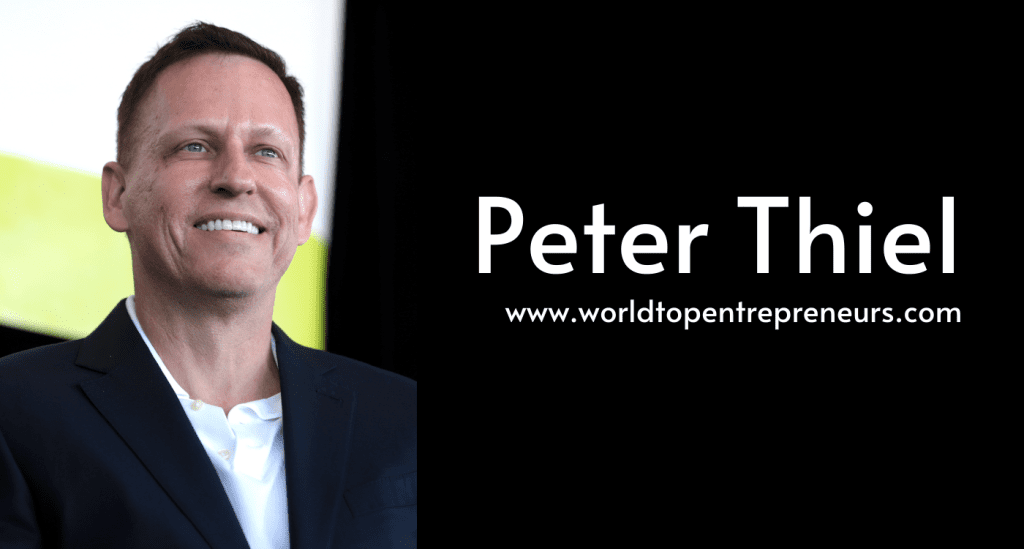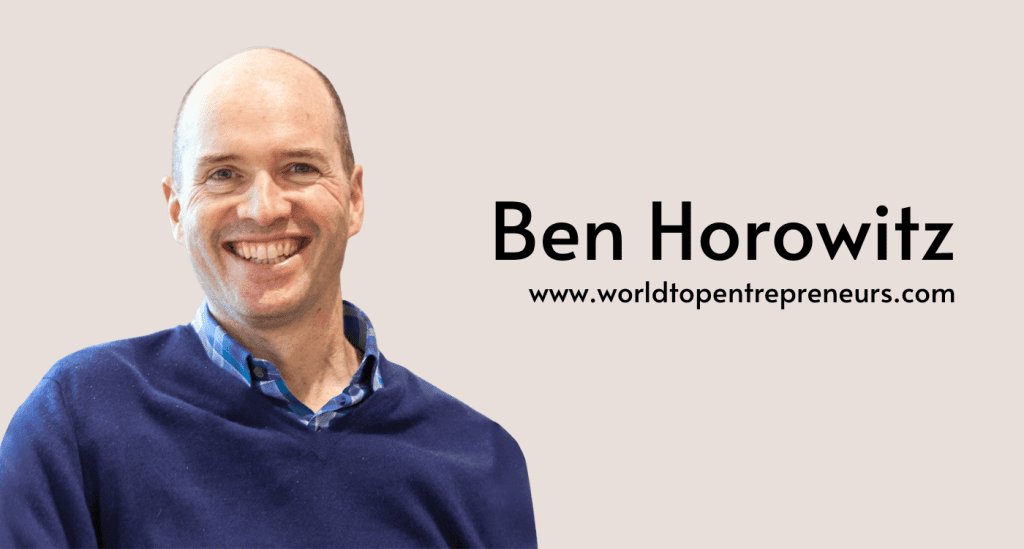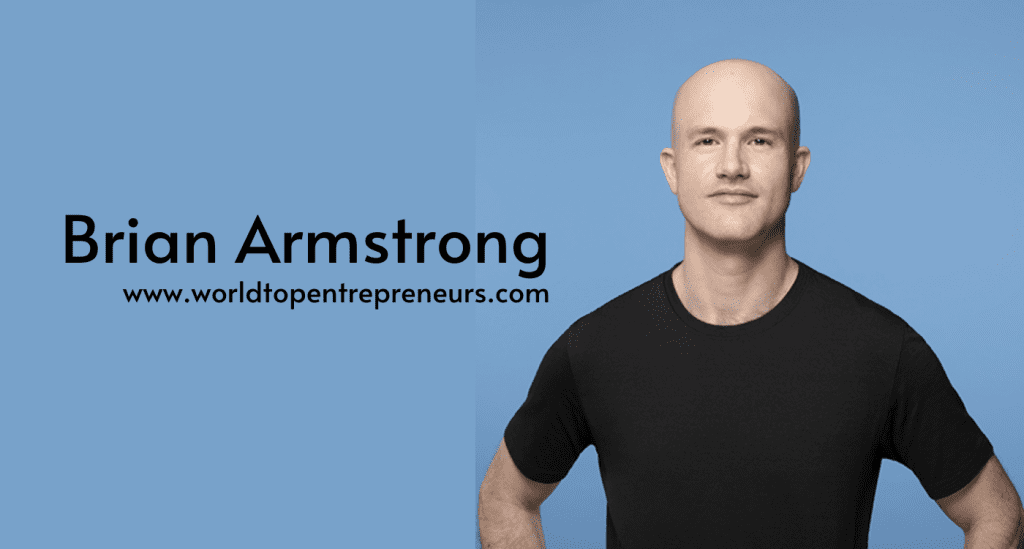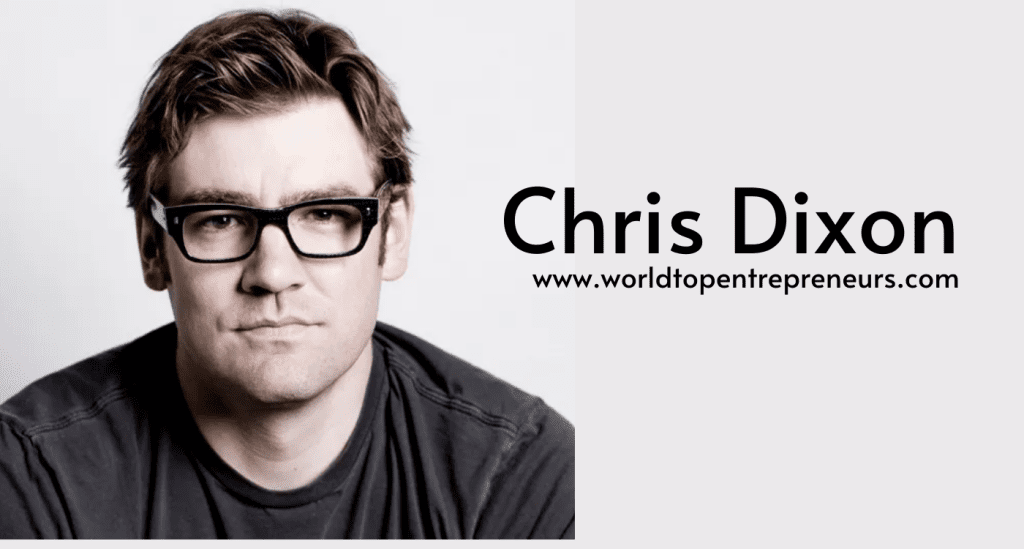Peter Thiel, a name synonymous with disruptive innovation and entrepreneurial success, has been a pivotal figure in shaping the technology and finance landscapes of the 21st century. From his early days as a Stanford law student to co-founding groundbreaking companies like PayPal and Palantir, Thiel’s career is a testament to his visionary mindset and unconventional approach. This article delves into Thiel’s life, career, and the lasting impact of his ventures.
Early Life and Education
Peter Andreas Thiel was born on October 11, 1967, in Frankfurt, West Germany, to a family of modest means. His parents, both scientists, instilled in him a deep respect for intellectual curiosity and rigorous thinking. In 1977, the family emigrated to the United States, settling in the suburban sprawl of Foster City, California. Thiel’s upbringing in this environment played a significant role in shaping his future pursuits.
Thiel’s academic journey began at Stanford University, where he pursued a degree in philosophy. His intellectual curiosity led him to explore complex ideas and frameworks, a trait that would later become a hallmark of his professional life. After graduating from Stanford in 1989, Thiel went on to Stanford Law School. While at law school, Thiel honed his analytical skills and developed a penchant for unconventional thinking, both of which would prove invaluable in his entrepreneurial endeavors.
The Birth of PayPal
Thiel’s foray into the world of technology and finance began in the late 1990s. In 1998, he co-founded PayPal, a company that would go on to revolutionize online payments. PayPal was initially conceived as a way to enable secure financial transactions through handheld devices. However, Thiel and his team quickly pivoted to focus on online payments, recognizing the burgeoning potential of e-commerce.
Thiel’s vision for PayPal was clear: he wanted to create a system that would simplify and secure online transactions. At a time when the Internet was still in its infancy, this was a bold and ambitious goal. PayPal’s success can be attributed to its ease of use, security features, and the strategic decision to offer services to a broad audience, including eBay sellers. By addressing a significant pain point in online transactions, PayPal rapidly gained traction.
In 2002, PayPal was acquired by eBay for $1.5 billion. This acquisition not only validated Thiel’s vision but also provided him with substantial resources to pursue his next ventures. The sale of PayPal marked a pivotal moment in Thiel’s career, positioning him as a key figure in Silicon Valley and the broader technology ecosystem.
The Genesis of Palantir Technologies
Following the sale of PayPal, Thiel turned his attention to a new and equally ambitious project: Palantir Technologies. Founded in 2003, Palantir was designed to address complex data analysis challenges faced by government and private sector organizations. Thiel’s co-founders included Alex Karp, Joe Lonsdale, Nathan Gettings, and Stephen Cohen, all of whom shared Thiel’s vision of harnessing data for better decision-making.
Palantir’s core mission was to build software that could integrate and analyze vast amounts of data to uncover hidden patterns and insights. Thiel’s approach was distinct: he believed that traditional data analysis methods were insufficient for the challenges of the modern world. Instead, he championed a new paradigm, one that combined cutting-edge technology with a deep understanding of the data’s context and significance.
Palantir’s early focus was on providing tools for government agencies, particularly those involved in national security and intelligence. The company’s software played a crucial role in tracking terrorist activities and improving intelligence operations. Over time, Palantir expanded its offerings to include commercial applications, helping businesses across various sectors leverage data for strategic advantage.
One of Palantir’s notable achievements was its role in the hunt for Osama bin Laden. The company’s software was instrumental in analyzing data related to bin Laden’s whereabouts, ultimately contributing to his capture and death. This success cemented Palantir’s reputation as a leader in the field of data analysis and intelligence.
The Thiel Philosophy: Unconventional Wisdom
Peter Thiel is not just a businessman; he is also a thinker and a philosopher. His approach to entrepreneurship and technology is guided by a set of principles that challenge conventional wisdom. Thiel’s philosophy is articulated in his influential book, “Zero to One: Notes on Startups, or How to Build the Future,” published in 2014. The book offers a blueprint for creating innovative businesses and provides insights into Thiel’s worldview.
At the heart of Thiel’s philosophy is the idea that progress comes from building unique and groundbreaking solutions rather than merely improving existing ones. In “Zero to One,” Thiel argues that true innovation involves creating something entirely new—something that moves from “zero to one” rather than “one to n.” This perspective underscores Thiel’s belief in the importance of original thinking and bold experimentation.
Thiel also emphasizes the significance of monopolies in fostering innovation. Contrary to traditional economic theories that view monopolies as detrimental to competition, Thiel argues that successful monopolies—those that dominate a niche market with a unique offering—are better positioned to drive progress and create value. This contrarian view challenges the prevailing notion that competition is always the best driver of innovation.
Investing in the Future
In addition to his entrepreneurial ventures, Peter Thiel has made a significant impact as an investor. His investment philosophy aligns with his broader views on innovation and technology. Thiel’s approach is characterized by a willingness to support unconventional and high-risk ventures that have the potential to reshape industries.
One of Thiel’s notable investments is in Facebook. In 2004, Thiel made a $500,000 investment in the social media platform at a time when it was still in its early stages. This investment proved to be highly lucrative, as Facebook went on to become one of the most influential technology companies in the world. Thiel’s early support for Facebook exemplifies his knack for identifying and backing transformative ideas.
Thiel’s investment portfolio also includes a range of other ventures, from biotech startups to space exploration companies. His investments reflect his belief in the power of technology to address pressing global challenges and improve the human condition. For example, Thiel has been involved in funding initiatives related to life extension and the exploration of space, both of which align with his vision of a future driven by innovation and scientific advancement.
Political and Social Impact
Peter Thiel’s influence extends beyond the realms of technology and finance. His political and social views have garnered attention and sparked debate. Thiel is known for his libertarian stance, which emphasizes individual freedom and limited government intervention. His political donations and public statements reflect his commitment to these principles.
Thiel’s political involvement includes supporting various candidates and causes that align with his ideology. He was an early supporter of Donald Trump’s presidential campaign, a stance that drew both praise and criticism. Thiel’s endorsement of Trump was seen by some as a reflection of his willingness to challenge the status quo and disrupt traditional political norms.
In addition to his political contributions, Thiel has also been vocal on issues related to technology and society. He has expressed concerns about the concentration of power in the hands of a few technology giants and the impact of technology on privacy and individual freedoms. Thiel’s perspectives on these issues underscore his broader concerns about the balance between innovation and societal impact.
Legacy and Future Prospects
As of 2024, Peter Thiel’s legacy is firmly established as one of the most influential figures in technology and finance. His contributions to the development of PayPal and Palantir, as well as his investments in groundbreaking ventures, have left an indelible mark on the industry.
Thiel’s impact extends beyond his direct achievements. His philosophy of innovation, his unconventional approach to business, and his willingness to challenge established norms have inspired a new generation of entrepreneurs and thinkers. His ideas continue to shape discussions about the future of technology, finance, and society.
Looking ahead, Thiel’s influence is likely to remain significant. His ongoing ventures and investments reflect his commitment to pushing the boundaries of what is possible. Whether through his work in technology, his philosophical writings, or his political engagements, Thiel’s contributions will continue to shape the trajectory of the modern world.
Conclusion
Peter Thiel’s journey from a law student at Stanford to a leading figure in technology and finance is a story of vision, innovation, and unconventional thinking. His role in founding PayPal and Palantir, his investment successes, and his impact on political and social discourse highlight his remarkable career.
Thiel’s philosophy and approach to entrepreneurship have left a lasting legacy, inspiring others to think boldly and challenge the status quo. As he continues to explore new frontiers and invest in transformative ideas, Peter Thiel’s influence on the world is set to endure, shaping the future of technology, finance, and beyond.





















